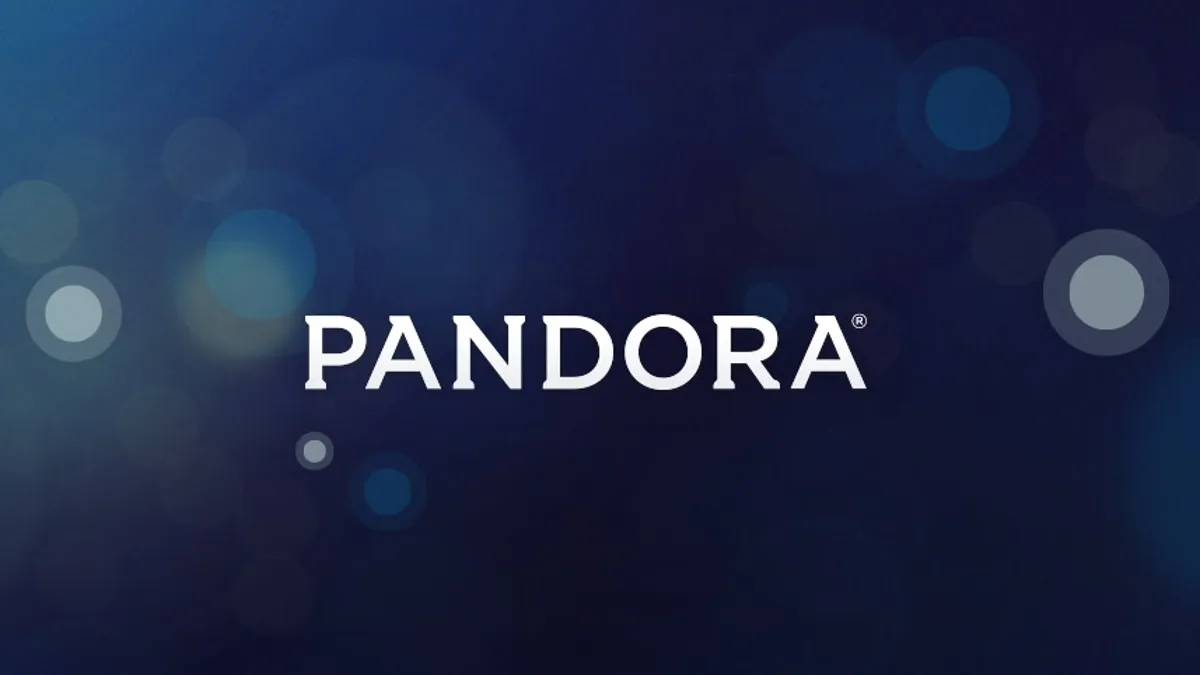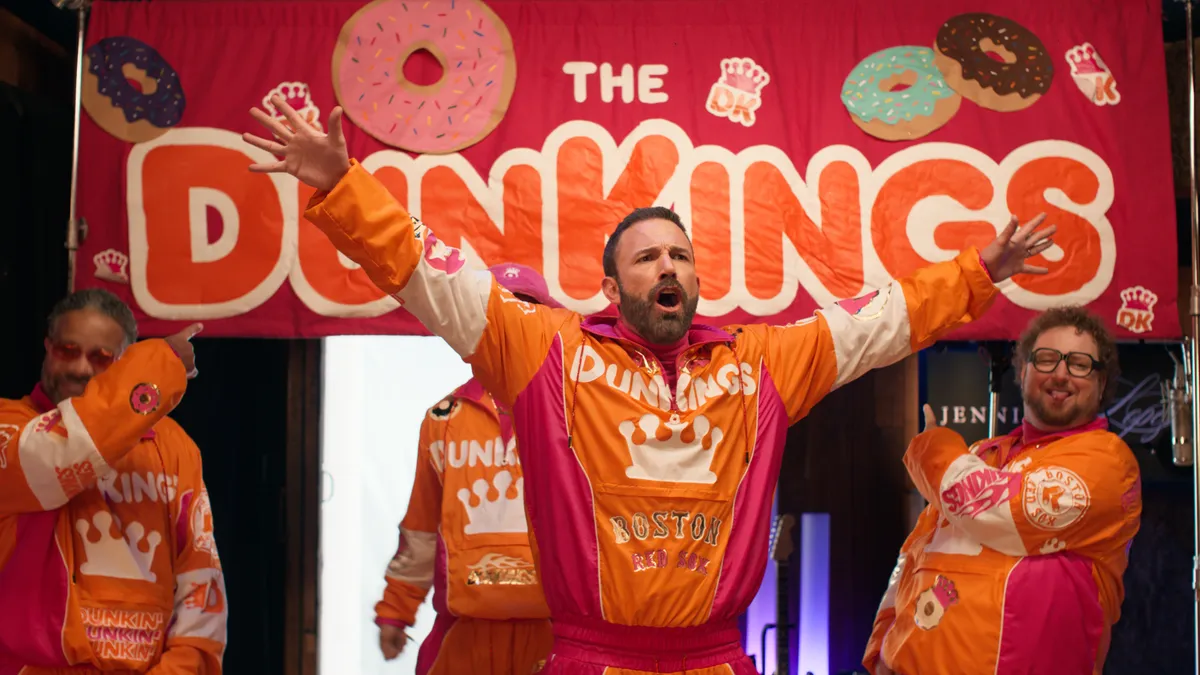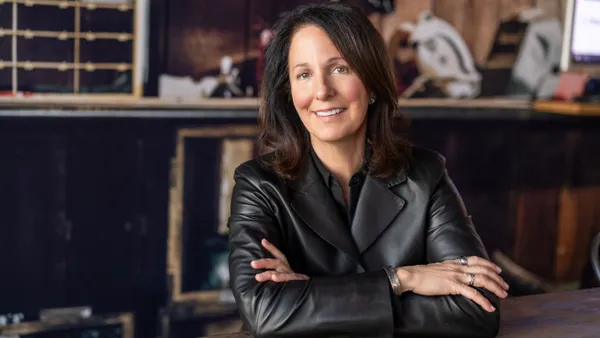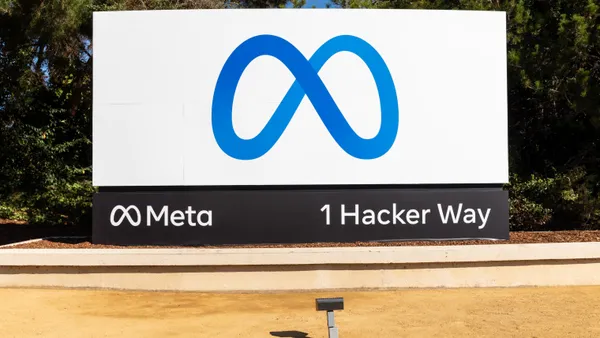Brief:
-
Streaming music provider Pandora has launched an in-house audio consultancy called Studio Resonate, according to a company press release. The unit will work with brands on their audio marketing strategies, including through the creation of sonic logos that help listeners identify a company by sound, and by collaborating on creative planning, media production and web and mobile experiences.
-
The range of services for advertisers corresponds with the volume of media that they buy on Pandora. Ashley HomeStore, the store chain run by privately held Ashley Furniture, has signed up as a pilot partner for Studio Resonate. The consultancy is also working with a large home improvement retailer and CPG brand, but declined to disclose their names, Ad Age reported.
-
Pandora will showcase Studio Resonate at next week's Cannes Lions International Festival of Creativity. The company has developed 250,000 audio spots on its platform in the past decade, but this will be the first time its services will be united under one brand. This highlights the data-driven approach Pandora uses in consulting for advertisers, the company said.
Insight:
Pandora is rolling out Studio Resonate as the audience for streaming audio grows rapidly, presenting an attractive media channel for mobile marketers. More brands are creating musical themes and sound logos to strengthen their identities on platforms like Pandora and Spotify, which are popular on mobile devices but don't always draw consumers' eyeballs.
Pandora is hoping that its knowledge of audio trends and wealth of user data will be a means to attract brand dollars. The news is indicative of how digital platforms are building out marketing services offerings to both help bolster revenue and deepen relationships with existing clients. However, Pandora claims its not looking to replace ad agencies on the creative front, per Ad Age, but rather better assist in more performance-led duties.
The idea of brands having a strong audio signifier isn't new. Metro-Goldwyn-Mayer had an immediately recognizable lion's roar dating back to 1928. Farmer's Insurance, Intel, McDonald's, NBC, Nationwide Insurance and T-Mobile have also established iconic audio identities and jingles.
But the reasons for investing in stronger audio strategies are changing in the digital age, largely in recognition that listeners aren't always looking at screens even if they are engaged with a smartphone or other mobile device, like a smart speaker. Creating an audio branding that is recognizable, even without a visual reference, can prove challenging.
Stemming from that, developing an audio strategy tends to require time and resources — obstacles Pandora is looking to solve with Studio Resonate. Mastercard said it spent two years researching and investing in a new sonic brand identity that rolled out in February. The debut followed the payments processor dropping its company name from its logo in recognition of shrinking screen real estate on smartphones. Rival payments provider Visa has experimented in similar spaces, releasing software tools to help developers experiment with "sensory branding" experiences last year.
But the uptick in marketers' interest in audio has been apparent across a number of categories. Construction company Modular Concepts last month introduced a sonic brand that includes an audio logo and brand soundtrack that will be used in its marketing efforts, per an announcement. In March, Pandora introduced its own sonic logo to help the company stand out among rivals such as Spotify, Apple Music, YouTube Music and Amazon Prime Music.
Pandora's debut of Studio Resonate comes as the market for audio media is unlikely to cool. U.S. smart speaker ownership is forecast to rise 15% this year to 74.2 million, eMarketer estimates. Podcast listenership is also increasing quickly. One-third of consumers report having listened to a podcast in the last month, up from a quarter of survey respondents who reported doing the same last year, according to Edison research.













